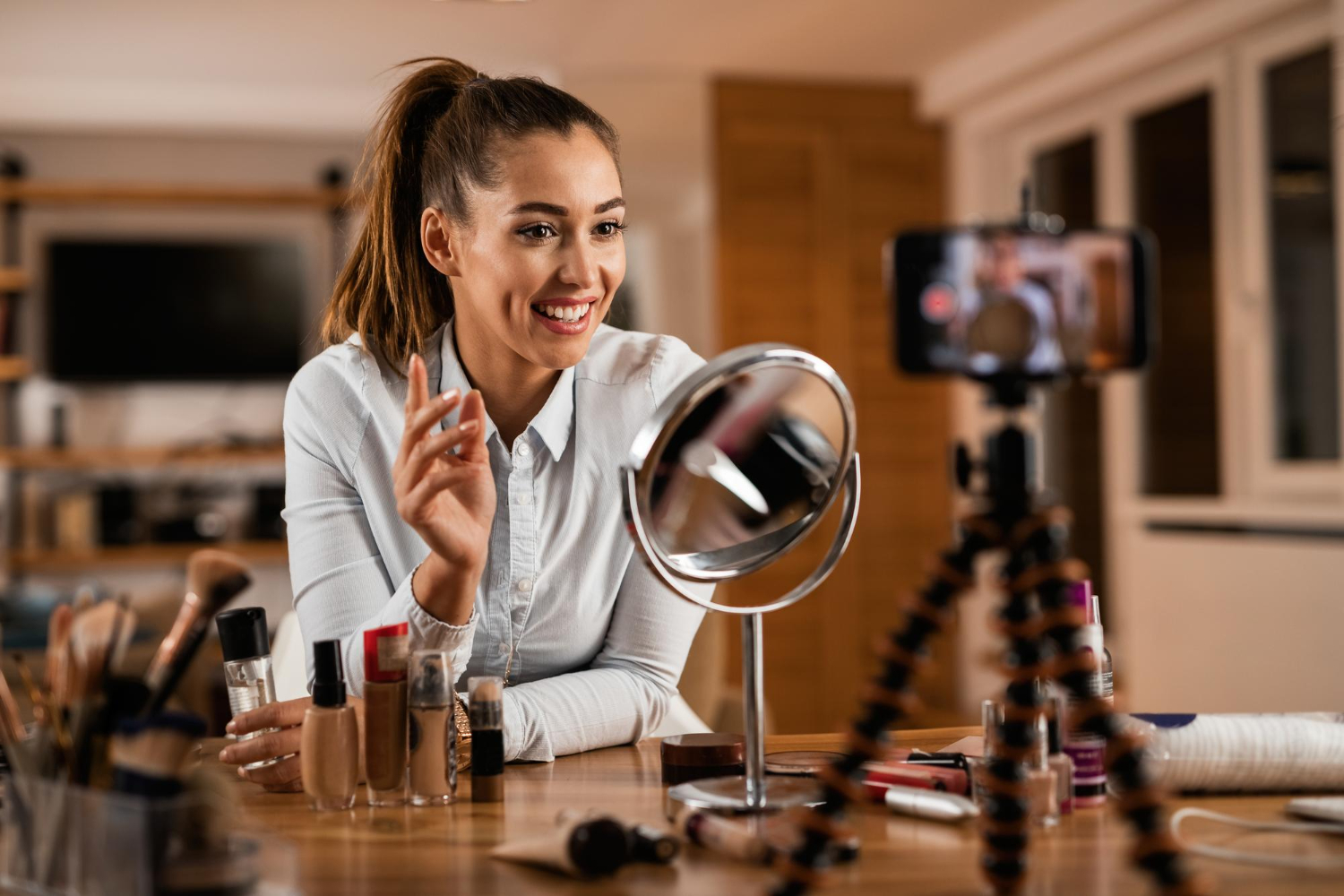
Influencer marketing has emerged as a formidable force in the world of digital marketing, and the beauty industry is no exception. By leveraging the power of influencers, beauty brands can connect with their target audience in a more authentic and engaging way, driving sales, building brand awareness, and fostering customer loyalty.
Increased Brand Visibility
Influencers have dedicated followings that can significantly expand a brand’s reach beyond its traditional channels. By partnering with influencers who align with their target audience, beauty brands can ensure their message reaches the right people.
Enhanced Trust and Credibility
Influencers are often seen as more trustworthy than traditional advertising. Their recommendations can influence purchasing decisions, as consumers perceive them as more authentic and relatable.
Improved Conversion Rates
Positive reviews and recommendations from influencers can provide social proof, encouraging potential customers to make a purchase. Moreover, exclusive offers and discounts offered through influencers can create a sense of urgency and exclusivity.
User-Generated Content (UGC)
UGC created by influencers can be more authentic and engaging than brand-generated content. It helps build trust and credibility, as it comes from real customers.
Improved Customer Engagement
Influencers often create interactive content, such as polls, Q&As, and giveaways, that encourages engagement and fosters community. Additionally, influencers can provide valuable feedback on products and campaigns, helping brands improve their offerings.
Cost-Effective Marketing
Influencer marketing can offer a high ROI compared to traditional advertising, as it can reach a large audience at a relatively lower cost. Furthermore, the targeted approach of influencer marketing ensures that marketing efforts are effective.
Authentic Partnerships
Choose influencers who genuinely align with the brand’s values and resonate with the company’s target audience. Avoid forced partnerships that can appear inauthentic.
Clear Objectives
Define the campaign goals and measure success based on key metrics like reach, engagement, and conversions. This will help companies track the effectiveness of their campaigns and make data-driven decisions.
Quality Content
Encourage influencers to create high-quality, engaging content that showcases the company’s products in a positive light. Avoid generic or overly promotional content that can turn off the audience.
Track Performance
Monitor the performance of the campaign and make adjustments as needed to optimize results. Use analytics tools to track key metrics and identify areas for improvement.
Micro-Influencers
Consider partnering with micro-influencers who have smaller but more engaged followings. They can often provide more personalized and authentic recommendations.
Niche Influencers
Partner with influencers who specialize in the company’s specific niche or target audience. This ensures that the company’s message reaches the right people.
Long-Term Relationships
Build long-term relationships with influencers to foster trust and loyalty. This can lead to more authentic and effective collaborations.
Influencer-Generated Content
Encourage influencers to create their own unique content featuring the products. This can be more engaging and authentic than traditional sponsored posts.
Co-Created Content
Collaborate with influencers to create co-branded content, such as tutorials or product reviews. This can help increase brand awareness and reach.
